Ancient Indian Sciences: Technical and Scientific Literature and Practices in Ancient India (In 3 Volumes)
Synopsis
Contrary to the popular perception that Indian civilization has been largely concerned with the affairs of the spirit and "afterlife", India's historical record suggests that some of the greatest Indian minds were much more concerned with developing philosophical paradigms that were grounded in reality. The premise that Indian philosophy is founded solely on mysticism and renunciation emanates from a colonial and Orientalist worldview that seeks to obfuscate a rich tradition of scientific thought and analysis in India. Amongst the Indian philosophers there was considerable dedication to the scientific method and to developing the principles of deductive and inductive logic. Treatises in astronomy, mathematics, logic, medicine and linguistics were produced. The philosophers of the Sankhya school, the Nyaya-Vaisesika schools and early Jain and Buddhist scholars made substantial contributions to the growth of science and learning. Advances in the applied sciences like metallurgy, textile production and dyeing were also made. This is borne out by the testaments of important Greek scientists and philosophers of that period. Pythagoras - the Greek mathematician and philosopher who lived in the 6th C B.C was familiar with the Upanishads and learnt his basic geometry from the Sulva Sutras. (The famous Pythagoras theorem is actually a restatement of a result already known and recorded by earlier Indian mathematicians). Later, Herodotus (father of Greek history) was to write that the Indians were the greatest nation of the age. Megasthenes - who traveled extensively through India in the 4th C. B.C also left extensive accounts that paint India in highly favorable light (for that period). Through their own ingenuity, Indian astronomers made significant discoveries about planetary motion. An Indian astronomer - Aryabhata, was to become the first to describe the earth as a sphere that rotated on it's own axis. He further postulated that it was the earth that rotated around the sun and correctly described how solar and lunar eclipses occurred. Because astronomy required extremely complicated mathematical equations, ancient Indians also made significant advances in mathematics. Differential equations - the basis of modern calculus were in all likelihood an Indian invention; (something essential in modeling planetary motions). Indian mathematicians were also the first to invent the concept of abstract infinite numbers - numbers that can only be represented through abstract mathematical formulations such as infinite series - geometric or arithmetic. They also seemed to be familiar with polynomial equations (again essential in advanced astronomy) and were the inventors of the modern numeral system (referred to as the Arabic numeral system in Europe). The science of Ayurveda - (the ancient Indian system of healing) blossomed in ancient India. Medical practitioners took up the dissection of corpses, practiced surgery, developed popular nutritional guides, and wrote out codes for medical procedures and patient care and diagnosis. Chemical processes associated with the dying of textiles and extraction of metals were studied and documented. The use of mordents (in dyeing) and catalysts (in metal-extraction/purification) was discovered. In this pioneering reference work the Editor brings together, for the first time, a comprehensive range of material concerning Indian sciences. ANCIENT INDIAN SCIENCES will fulfill the need for an introductory reference work on this fascinating subject.
Read more
157.50
141.75
$
175.00 $
Free delivery Wolrdwidе in 10-18 days
Ships in 1-2 days from New Delhi
Membership for 1 Year $35.00
Get it now and save 10%
Get it now and save 10%
BECOME A MEMBER
Books by the same author

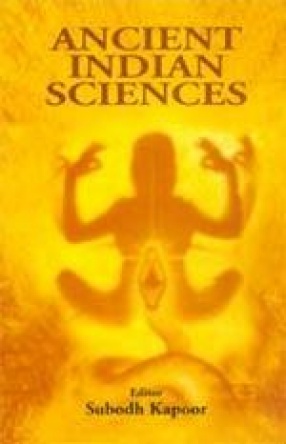
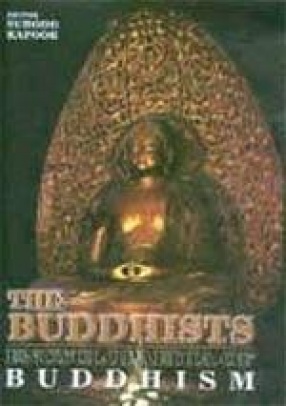
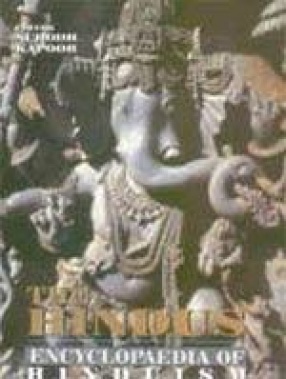
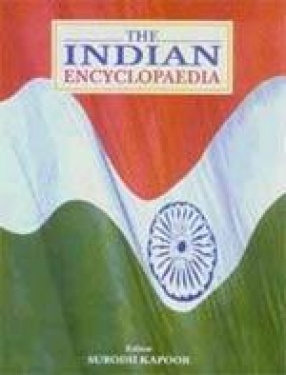
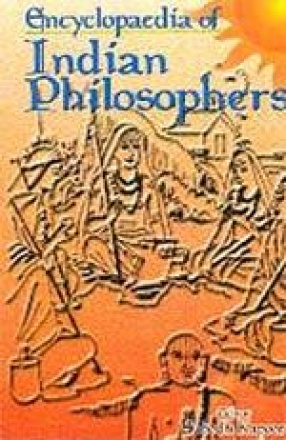


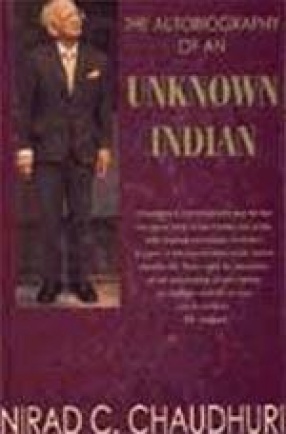
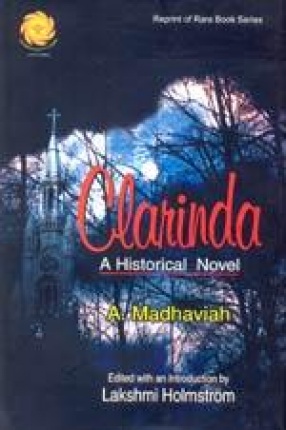

Bibliographic information